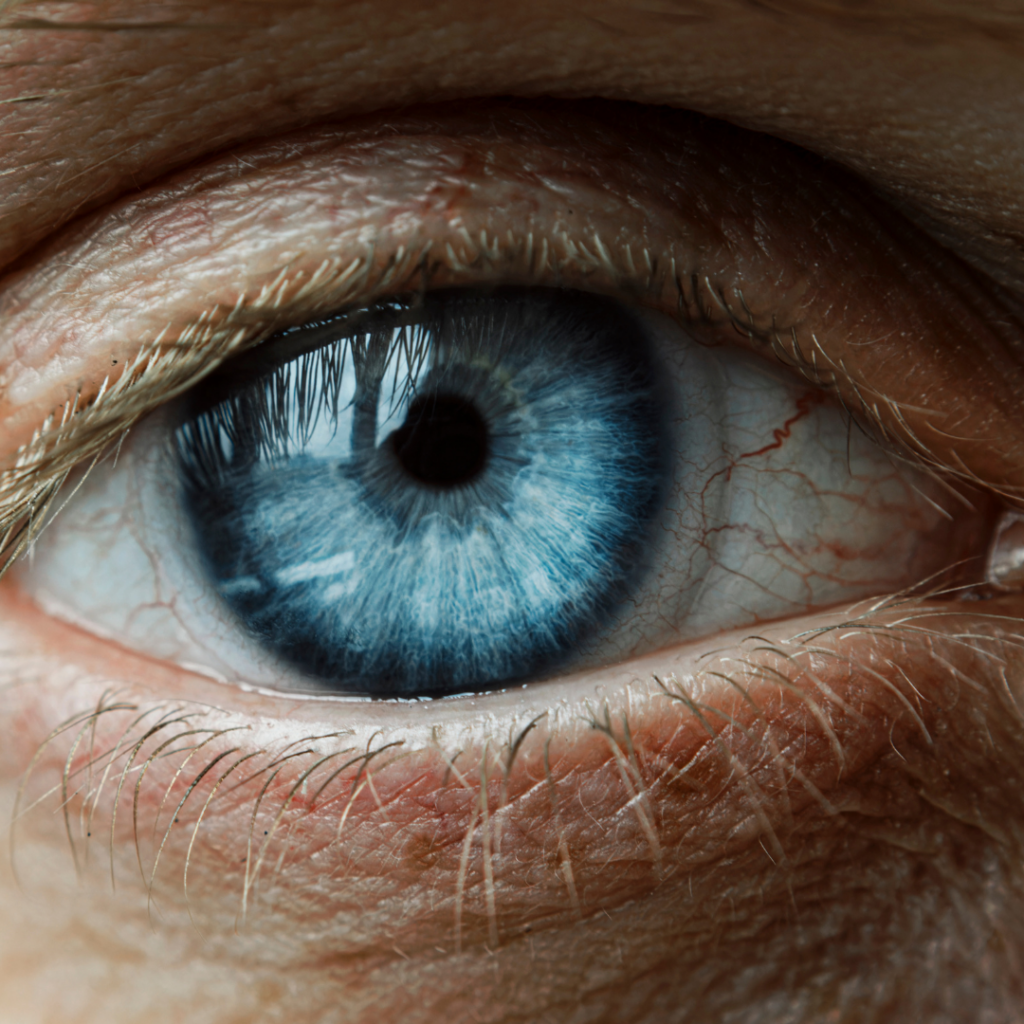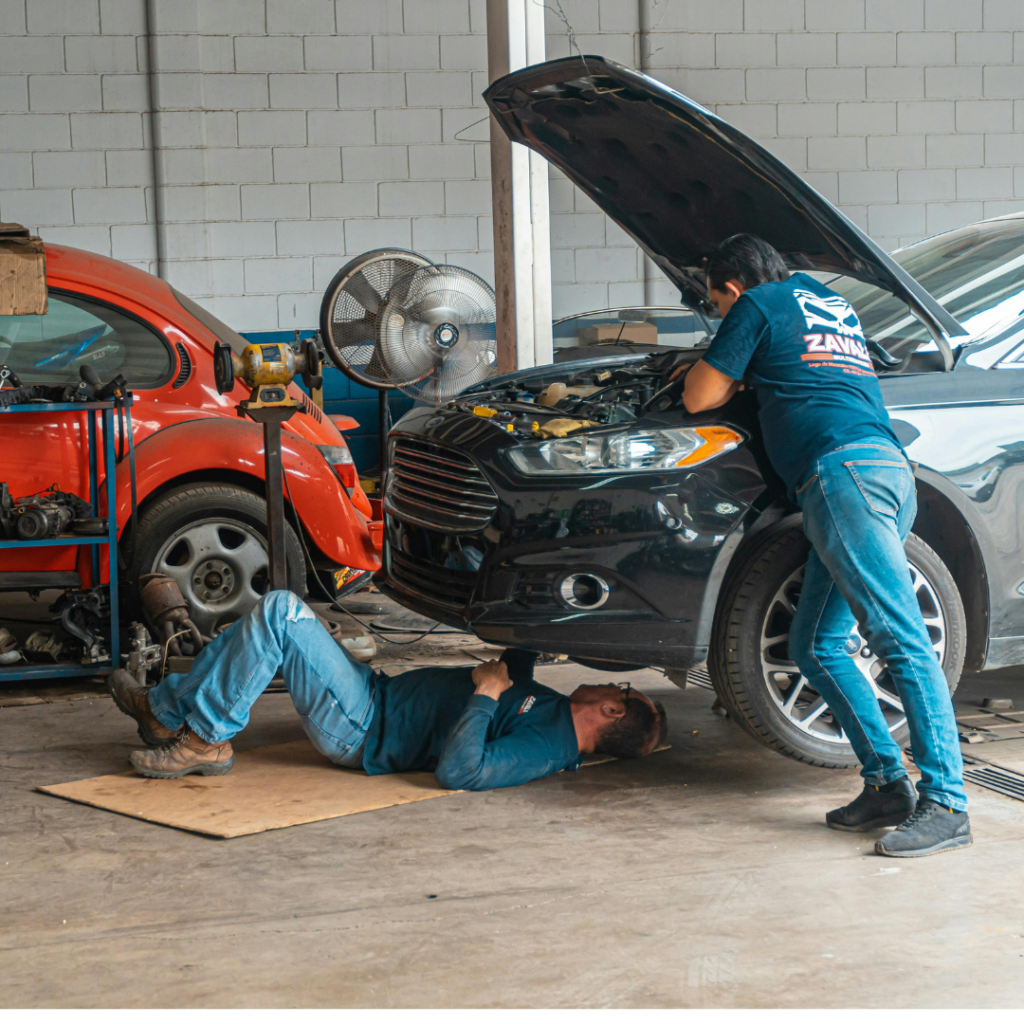For expectant parents, the anticipation of welcoming a new life often fills the heart with hope and joy. However, when things don’t go as planned, and a birth injury occurs, it can be the start of a profoundly challenging and emotional journey. Understanding what birth injuries are, why they happen, and how to advocate for yourself or your loved ones during such trying times is crucial. This blog aims to provide clarity, support, and actionable steps for parents navigating the complexities of birth trauma in Ireland, including available legal avenues to ensure justice.
What Are Birth Injuries?
Birth injuries refer to physical or neurological harm sustained by the mother or baby during labour, delivery, or the neonatal period. These injuries can vary in severity, from minor physical injuries that heal over time to long-term conditions like cerebral palsy, Erb’s palsy, or hypoxic-ischemic encephalopathy (HIE). For mothers, they can include injuries such as perineal tears, uterine ruptures, or even psychological trauma such as post-traumatic stress disorder (PTSD).
If medical intervention was involved, the question of whether medical negligence contributed to the injury often arises. Factors like improper use of delivery instruments, delayed decisions, or poor communication can be life-altering for both child and parent.
For more detailed information, HOMS Assist provides a comprehensive resource on birth injuries and medical negligence.
The Current Landscape of Birth Trauma in Ireland
Reports in recent years, including one published by TheJournal.ie, highlight concerning trends in Irish maternity care. Women have spoken out about feeling overlooked, coerced, or ignored during crucial moments of their pregnancies and labour. Some describe environments where medical staff prioritised procedural efficiency over compassionate care, leaving them traumatised and unheard.
One such case, documented here, involved a woman named Roisin, who revealed that her concerns during and after delivery were dismissed, leading to significant physical and mental health repercussions. Unfortunately, her story is not unique. These accounts have resulted in calls for independent inquiries into birth trauma in Ireland, including cases where mothers and babies have tragically lost their lives.
Even more recently, three maternal deaths within a single week sparked urgent questions about the safety and efficacy of Irish maternity services (report here).
While the Health Service Executive (HSE) has begun implementing postnatal hubs and other support measures, advocacy groups fear these steps don’t fully address the systemic issues, highlighting the need for external, independent investigations (read more).
What Contributes to Birth Injuries?
Birth injuries can arise from natural complications, but in many instances, substandard medical care or negligence plays a role. Here are some common contributing factors:
For Babies:
- Oxygen Deprivation: Prolonged lack of oxygen during delivery can lead to brain injuries like cerebral palsy.
- Improper Instrument Use: Misuse of tools like forceps or vacuum extractors can cause fractures, nerve damage, or facial paralysis.
- Delayed Care: Not acting quickly enough when complications arise can exacerbate risks, including permanent harm.
For Mothers:
- Missed Symptoms: Undiagnosed or poorly managed conditions such as gestational diabetes can result in severe complications.
- Traumatic Procedures: Improperly conducted C-sections or failure to repair injuries like episiotomies can leave mothers facing long-term health issues.
- Psychological Neglect: Poor communication, lack of consent, or dismissive attitudes can contribute to PTSD or postnatal depression.
The systemic challenges of understaffing, inadequate training, and high-pressure conditions often exacerbate these problems.
Legal Support for Families Affected by Birth Injuries
If you believe medical negligence played a role in a birth injury, understanding your rights and options is vital. Birth injury claims not only lead to potential compensation but also serve as an important avenue for holding institutions accountable and highlighting systemic failures.
Types of Birth Injury Claims:
- For Babies: Claims may address conditions like cerebral palsy, Erb’s palsy, or injuries from untreated conditions such as extreme jaundice.
- For Mothers: Claims can involve cases of poor surgical care, undiagnosed infections, or lasting trauma such as PTSD.
The process involves consulting with a solicitor who specialises in medical negligence. Law firms like HOMS Assist can evaluate medical records, investigate claims, and represent you in court proceedings if necessary.
Why Seek Legal Advice?
- Clarification of Your Case: Legal professionals can help establish whether medical negligence occurred and guide you through the claims process.
- Compensation Support: Birth injuries often result in long-term costs for medical care, therapy, and lifestyle adaptations. Compensation can help ease financial burdens.
- Accountability: Raising malpractice cases can lead to improved care protocols, benefiting other families in the future.
If you’re unsure whether your case qualifies, specialists in medical negligence offer free consultations to help answer your questions.
Advocacy and Community Support
Awareness around maternity care issues has led to an increasing number of advocacy groups and online communities offering support to families. Whether it’s sharing experiences, obtaining useful resources, or simply finding comfort among those who understand, community can be invaluable.
Organisations to Connect With:
- Safer Births Ireland advocates for independent reviews of maternal and baby deaths to promote transparency within Irish hospitals.
- Postnatal Hubs: Established by the HSE, these hubs aim to provide care and counselling to mothers recovering from traumatic birth experiences.
Additionally, speaking with a medical negligence specialist can help families create pathways to justice and support that they may not have thought possible.
Steps You Can Take Today
If you or someone you know has experienced birth trauma:
- Document Details: Write down everything you remember, including dates, conversations, and symptoms.
- Seek Medical Records: Access reports and data to assess the care you received.
- Explore Therapy Options: For mental health support, consider professional counselling that specialises in postnatal trauma.
- Speak to a Solicitor: Contact an expert for a free consultation to learn about your legal options.
Hope for the Future
Birth injuries and maternal trauma are deeply personal and profoundly difficult challenges. Yet by speaking up, seeking justice, and advocating for systemic change, families and survivors can contribute to a future where mothers, babies, and their loved ones receive the care and respect they deserve.
If you’re prepared to explore your legal rights, compassionate and experienced solicitors at HOMS Assist are ready to help. Contact them today to discuss how they can support you through this process while you focus on healing.
Remember—you’re not alone, and support is available every step of the way.









